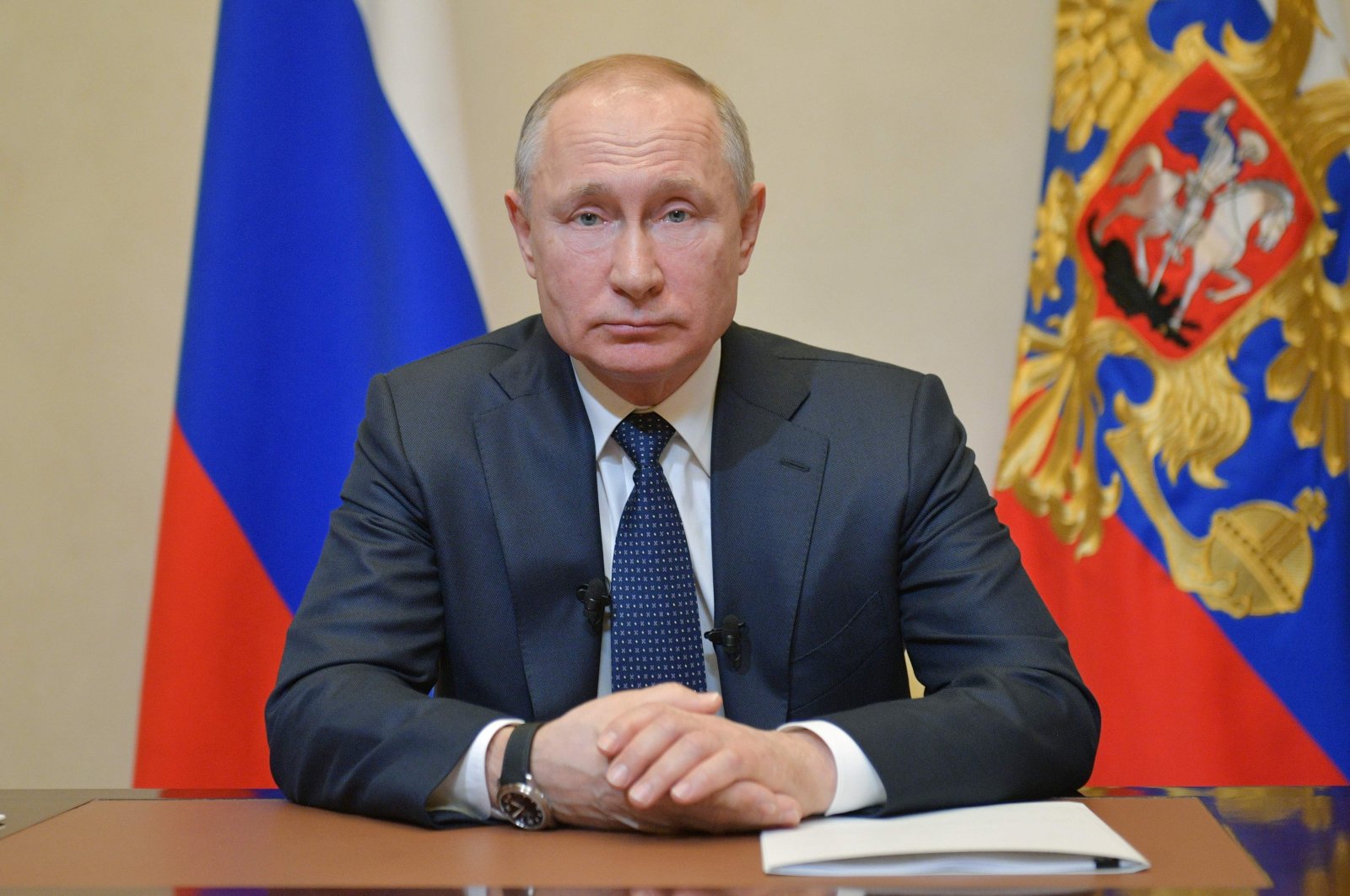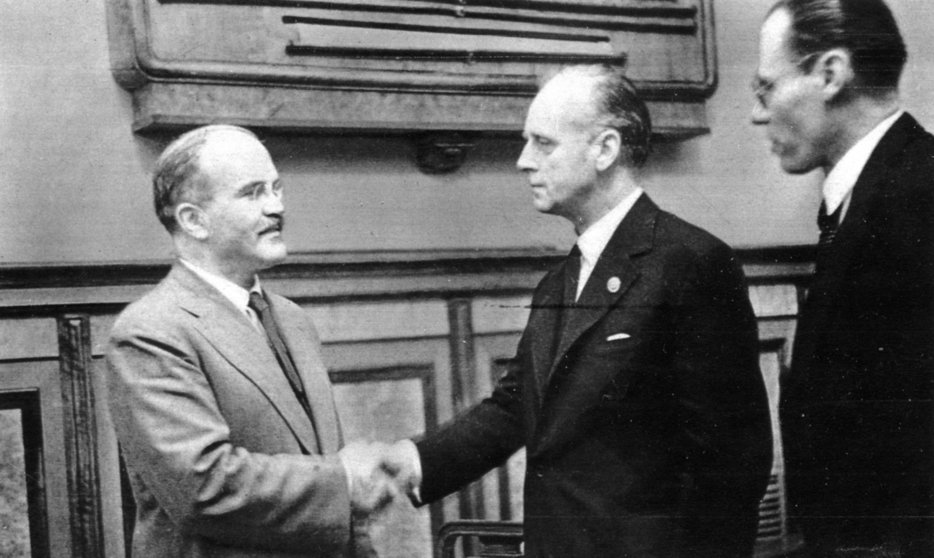некультурный
Writing is fun, but the world about which I write is becoming less fun by the day.
Nekulturny, the title of this post, is the Russian word for antisocial, ‘uncultured’ behaviour. The word is appropriate for those in power in the Kremlin itself, who have placed their country outside the international order. Vladimir Putin has unchained war in Europe, possibly because finding an external enemy is the best answer to the internal unrest that has gripped Russia for years: the unrelenting protests against Putin by dissidents in the country, a courageous minority who aren’t fooled by the lies of a crook.
 |
| Vladimir Putin |
Whatever we say of Vladimir Vladimirovich Putin, he is an admirable chess player, who prepared the invasion of his Slavic brother state step by step: propaganda, the gas pipeline war and hacker attacks, disinformation, a so-called military exercise, sending a so-called peacekeeping force, followed by an invasion with a force of over a hundred thousand men. Ukraine isn’t the first former Soviet republic this man invades with the object of adding it to his dream of Greater Russia. Others such as Georgia went before.
In essence, Putin follows in the footsteps of past dictators such as Napoleon, Stalin, Mao and Hitler. Putin can be added to the ranks of those whose names will be remembered in world history as a diabolic hissing in the dark. The greatest fear of any dictator is that of being overthrown. History learns that they all come to a sticky end - either they are murdered, or they have to run for their lives to avoid being strung up by their countrymen. They die in solitude, despised by all, and if they are brought to justice they invariably plead being ‘too feeble’ to attend court. Perhaps that is their last lie.
By now I have read a sizeable portion of Catherine Belton’s book Putin’s People, telling how Russia became a rogue state. An interesting book, if the endless series of dirty tricks, murder and manipulation by this man and his cronies doesn’t make you sick to your stomach during reading. Belton worked as a journalist in Moscow for several years and she did her homework.
 |
| Molotov and Von Ribbentrop, 1939 |
source: https://www.eulixe.com/
The attack on Ukraine makes me think of the attack by Nazi Germany on Poland in 1939. We should remember that the Germans were so smart to sign a non-aggression treaty with the Russians beforehand: the infamous Molotov-Ribbentrop pact, which ensured the Russians wouldn’t interfere. Actually, the Soviets attacked the Poles from behind to speed their defeat. A year and a half on, the Soviets were invaded themselves and only threw the Germans out at the cost of millions of casualties, with the help of their great ally, General Winter, and of course, Allied logistics.
Europe and NATO now stand off and let Ukraine take the Russian onslaught. The risk of escalation is great if NATO should interfere, but it should be mentioned that both the EU and NATO have cornered Russia by pushing on their sphere of influence towards Russia for decades. Over 20 years ago this was warned against by Dutch politicians such as Frits Bolkestein and former NATO chief Jaap de Hoop Scheffer. Not my best friends, but they were right in this respect.
The short-term effect of economic sanctions is limited and may mainly hit the Russian people themselves, but not the Kremlin, which is said to have a well-filled treasury. It is a tough measure, but perhaps it will add to discontent in Russia. The tardiness of Western powers to impose sanctions also has a dark side: there is too much Western money tied up in Russia, and sanctions will backfire to Western economies. And finally, there is the gas pipeline matter, threatening to cut off the Russian gas.
Putin has too many friends elsewhere in the world to make sanctions work properly. China is the most powerful of them, and ominously, Putin and Xi signed a non-aggression pact a few weeks ago. A present-day Molotov-Ribbentrop pact?
EDIT 3 March: Here is more proof of war crimes committed by the Russian forces: an attack on a residential area and a hospital with what looks like cluster ammunition in Chernihiv.
 |
| Russia and Kaliningrad enclave marked red |
The world has been rudely shaken out of a complacent dream. As to the future? I can only echo the words in the 1985 song by Sting: I hope the Russians love their children too.
